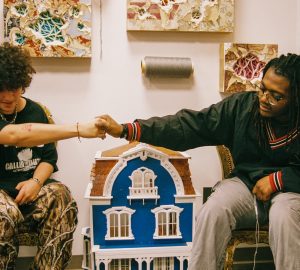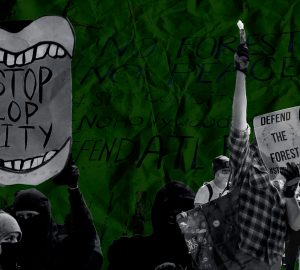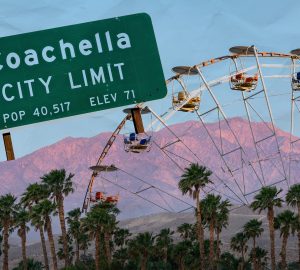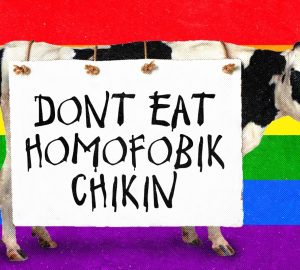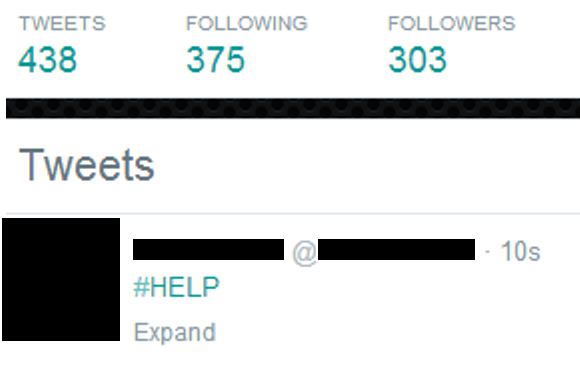
As usual, the world is going through its crisis. Ukraine is on the brink of a civil war, terrorists have kidnapped almost three hundred school girls in Nigeria and families throughout the south central states of the U.S.A. are recovering from devastating tornadoes. It’s time for the like-tivists and hashtag-tivists to raise awareness: #Ukraine, #BringBackOurGirls, #Arkansas, #Tornado.
If we can turn an issue into a trending topic on Twitter, it’s probably only a matter of time before people are marching in hoodies and occupying important streets. Eventually, these protests turn into revolutions. Right? We’d like to think so, but in reality, all we’ve done is added to the media hype. We’ve raised awareness and we feel like we’ve done our part. We’ve become … lazy activists.
It took me a while to realize that I am a lazy activist. But I haven’t always been this way and I don’t plan on remaining one. In 2005, when Hurricane Katrina tore through New Orleans, I worked with a group of students to raise money for an organization that was supporting hurricane victims. First, we had to make sure the organization was legit (scam groups were stealing charity money around that time). Next, we organized a charity showcase (booking performers, contacting security, locating a venue etc.). Last, we had to make sure that all of the money collected got to the organization successfully. Within two weeks of the tragedy, we raised more than awareness, we helped to fund food and shelter. Not to mention, it was a memorable experience.
Back then, I was a down-for-the-cause superhero, taking initiative and working towards changing the global issues that bothered me. How did I transform from volunteering and donating to profile changing and picture liking? My infatuation with social media turned me into a lazy activist. Seeing millions of people standing posting in solidarity made me feel like I was doing something proactive. And being a social media activist (the most basic form of activism) isn’t as easy as it looks. For example, you have to stay updated on when to change your profile picture from its usual Hollywood headshot to purple in protest of bullying or pink in support of a cure for breast cancer. Then, once it’s changed you have to know when to change it back (not too soon, not too late). And what does it mean when you like a photo that broadcasts something horrible (because nobody likes sex slavery)? And if each “like” were a $10 deduction from your checking account, would you still like that post with the picture of that celebrity holding up a hashtag poster?
What do all of these colors, likes, tweets and shares amount to, if one person does not physically act on the issue? I think that we get too satisfied knowing that we shared a photo or re-tweeted a 140-character complaint, but that isn’t enough. I want to go back to the days when I volunteered with the Special Olympics, planted community gardens and mentored young girls after school. While my time is tied up in academics and work, I’ll even settle for donating and attending fundraisers every now and then. I’m no longer satisfied with lazy activism (I’m even a bit annoyed by it). Awareness has its place, but after the world is aware, what next?




